Can Cats Eat Pork? (Dangers, Benefits, & Some Cool Alternatives)
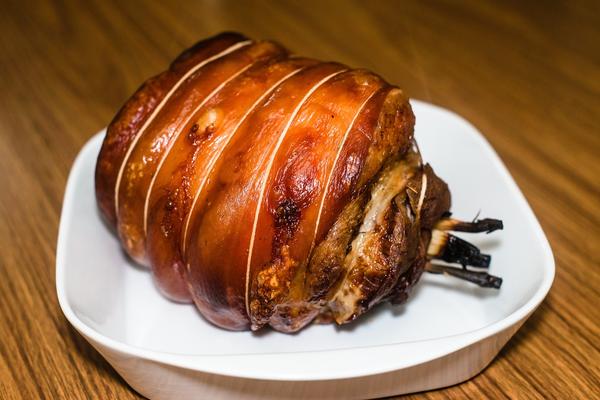
Can cats eat pork?
Concerned about the effects of pork on your feline friend?
Wondering if it's safe to share your juicy chop with your purring companion?
Take a breath, I've got your back.🐱
Let's navigate through the porky maze together and uncover the truth.
Here we go.
Dangers of Pork for Your Cat
To protect your cat from the dangers of pork, adhere to these 12 important guidelines:
- Limit pork consumption due to high fat and salt levels.
- Avoid making pork a regular part of your cat's diet.
- Choose boneless, plain pork for cats.
- Thoroughly cook pork without sauces.
- Lean cuts like loin chops can be occasional treats.
- Use ham sparingly for flavoring.
- Pork can contribute to weight gain and obesity in cats.
- High sodium content may lead to dehydration and poisoning.
- Only allow pork as 10% of their daily food intake.
- Raw pork poses health risks, such as parasites and increased appetite.
- Feeding cats pork bones, ribs, sausages, or rinds is dangerous.
- Avoid feeding cats onions, garlic, chocolate, grapes, raisins, caffeine, and other toxic foods. 🐱
Additionally, commercial cat meals typically exclude pork due to its high fat and sodium content, rendering it unnecessary for their diet. Keep these recommendations in mind to ensure your cat's well-being.
Main points I'll expand upon further down this article:
- Cats can safely eat pork in moderation.
- Taurine is essential for a cat's overall health.
- Pork can provide adequate protein and essential micronutrients for cats.
- Monitor the amount of fat in a cat's diet to prevent weight gain and blocked arteries.
- Wet cat food with high moisture content can prevent dehydration-related issues.
- Consult with a veterinarian for suggestions on a new diet for your cat.
- Gradually decrease dry cat food consumption in favor of wet food.
- Untamed cat food offers lean meat options for a healthier diet.
- Exercise caution with the B.A.R.F. diet due to the risk of bacterial infections.
- Raw chicken in a cat's diet carries potential health risks.
And now that we've discussed the dangers of pork for your cat, let's explore how cats can still enjoy this meat in moderation and benefit from its high-protein content.
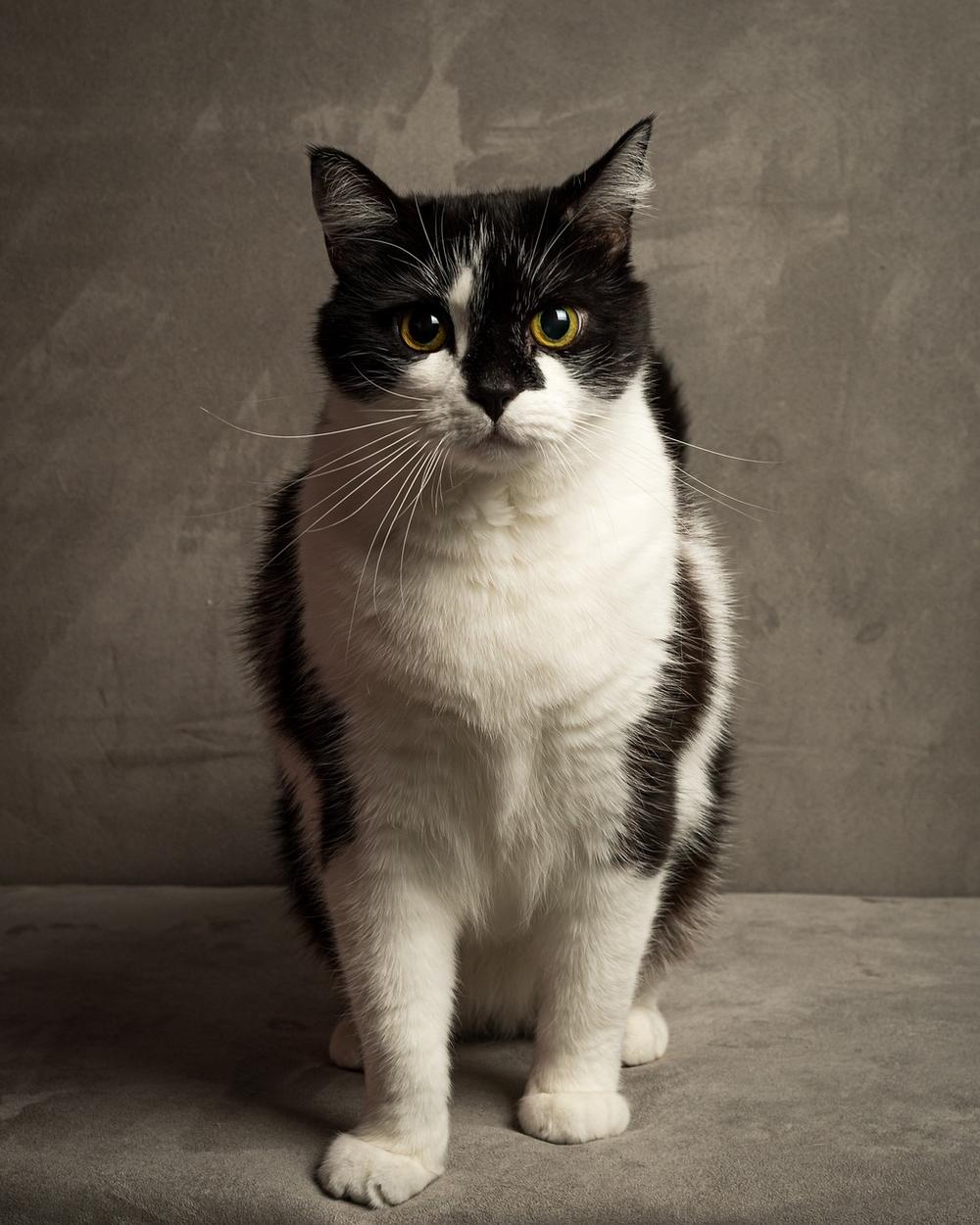
As a cat owner, I understand the importance of providing a balanced diet for our feline friends...
Can Cats Eat Pork?
Cats need meat to be healthy, so they can eat pork.
But there are a few things to PLEASE bear in mind.
Firstly, cats are obligate carnivores.
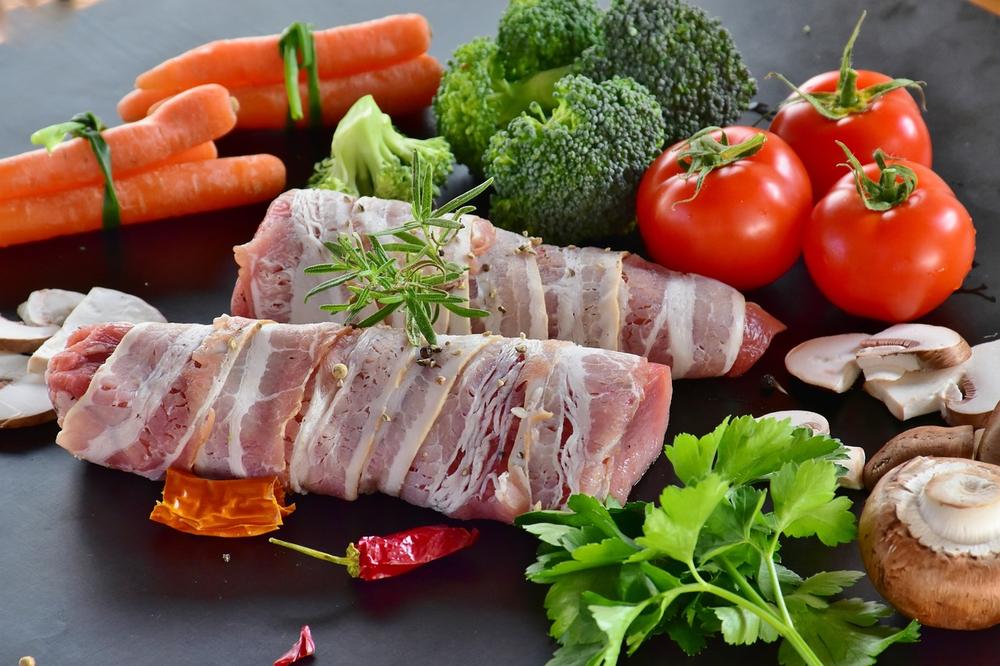
This just means that their bodies need meat-based diets to thrive.
Pork is a good source of protein for cats, so it can be included in their diet.
But, you have to ensure you pick the right pork for your cat.
Here are some tips to help you out:
- Choose boneless pork. Cats struggle to digest bones and they could choke on them.
- Make sure the pork is plain and well-cooked. Cats can't handle seasonings, sauces, or marinades. And if the pork is raw or undercooked, it could make your cat sick with parasites or bacteria.
- Only give pork to your cat occasionally. Cats naturally prefer other types of meat, and they need a variety of protein sources in their diet.
Don't forget to talk to your vet before making any changes to your cat's diet.
They can guide you on the best way to feed your furry friend. 😺
Benefits of Pork for Your Cat
Pork is a great choice for your cat.
You see, pork contains adequate protein and essential micronutrients like vitamin B, zinc, and magnesium.
And cats need a diet rich in meat to make sure they get enough taurine.Disclaimer
Taurine is crucial for their overall well-being — think vision, digestion, heart function, and immunity.
Now, commercial cat food already provides the necessary proteins.
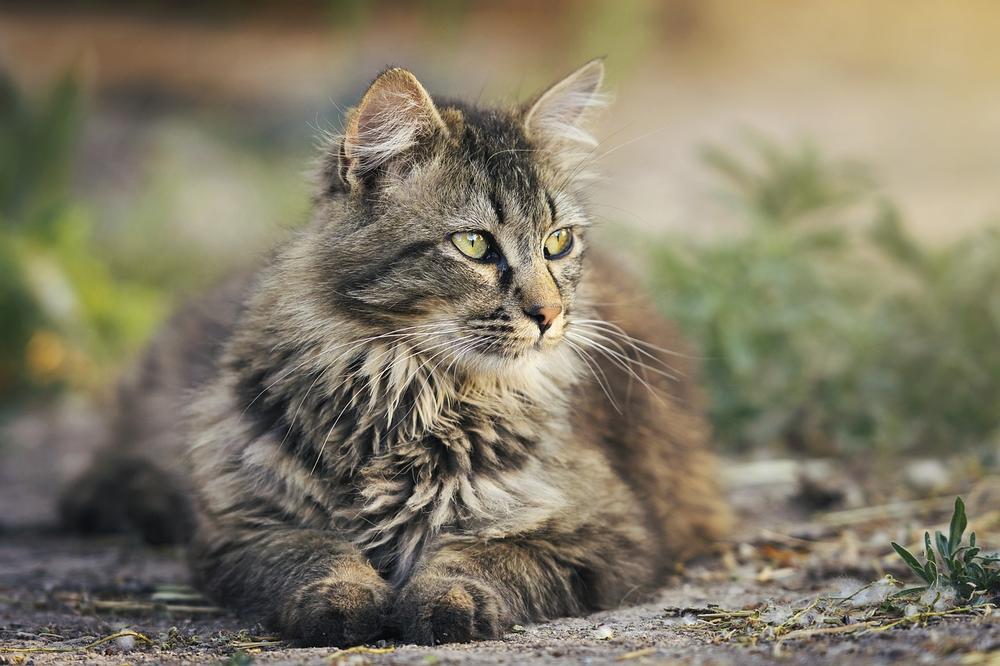
However, offering pork as the occasional treat can have its advantages.
But you’ve got to be careful about the amount of fat in their diet.
Too much pork can lead to weight gain or blocked arteries.
So give them pork but do it in moderation.
On top of that, including wet cat food with high moisture content is beneficial.
It helps prevent dehydration-related health issues.
To summarize:
- Pork is good for cats because it has essential nutrients
- Cats need lots of meat
- Monitor fat intake and don't overdo pork
- Include wet cat food to prevent dehydration-related issues
And if you're wondering about more unique and interesting food options for your curious feline friend, don't forget to check out my article on Can Cats Eat Oysters.
Healthier Alternatives to Pork
When searching for healthier alternatives to pork for your cat, you have several options to consider.
Here are some suggestions:
- Choose lean meats like chicken, turkey, or duck.
- Consult with your veterinarian for specific recommendations.
- Gradually transition from dry cat food to wet food.
- Wet food provides better nutrients and helps prevent weight gain.
- Look for cat food that uses lean meat cuts like chicken and fish.
- Untamed cat food offers low-fat, low-sodium, protein-rich options.
- Ensure the alternative meat is suitable for cats' dietary needs.
It's always important to consult with a trusted veterinarian before making any significant changes to your cat's diet. With their expertise, you can provide your furry friend with the healthiest meal options.
Can Cats Eat Raw Chicken?
Feeding your cat raw chicken may seem like a smart choice, given their natural carnivorous instincts.
However, caution should be exercised when considering the B.A.R.F.
Diet for your fluffy friend.
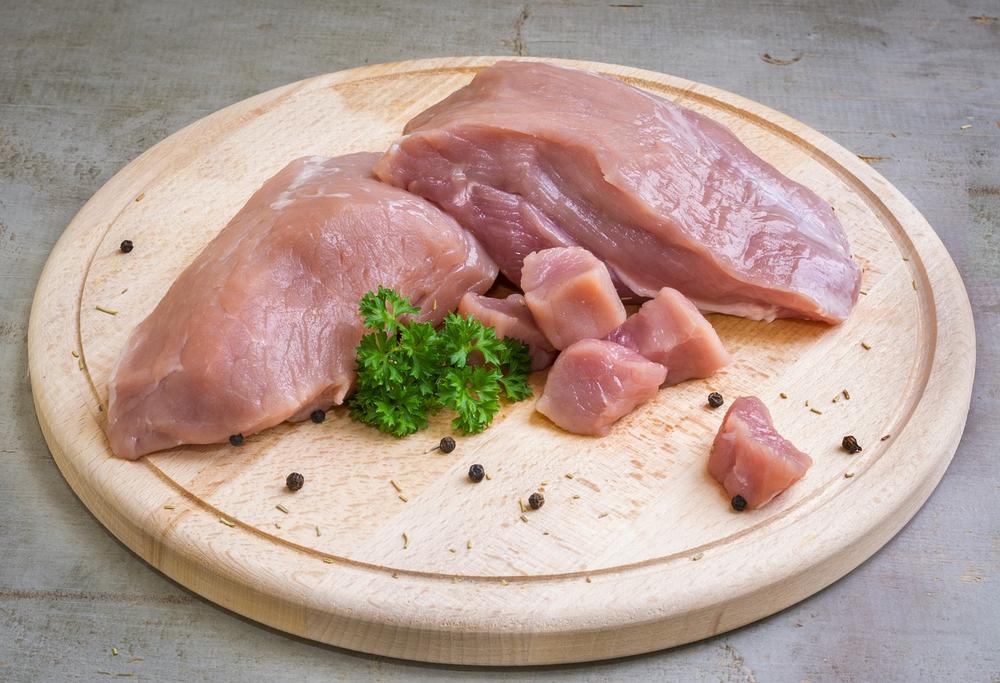
This diet involves feeding cats raw and unprocessed ingredients or commercially available raw food, including raw chicken.
But here's the catch:
Raw chicken brings along the potential risk of bacterial infections, which can be concerning for our feline companions. So, before you dish out some uncooked poultry for your kitty, think twice about the possible consequences.
Keeping them safe and healthy is always the top priority.
And that wraps up today's article.
If you wish to read more of my useful articles, I recommend you check out some of these: Can Cats Eat Eggs, Can Cats Eat Octopus, Nutritional Needs for Indoor and Outdoor Cats, Can Cats Eat Chocolate, and Can Cats Eat Oreos
Talk soon,
-Sarah Davis